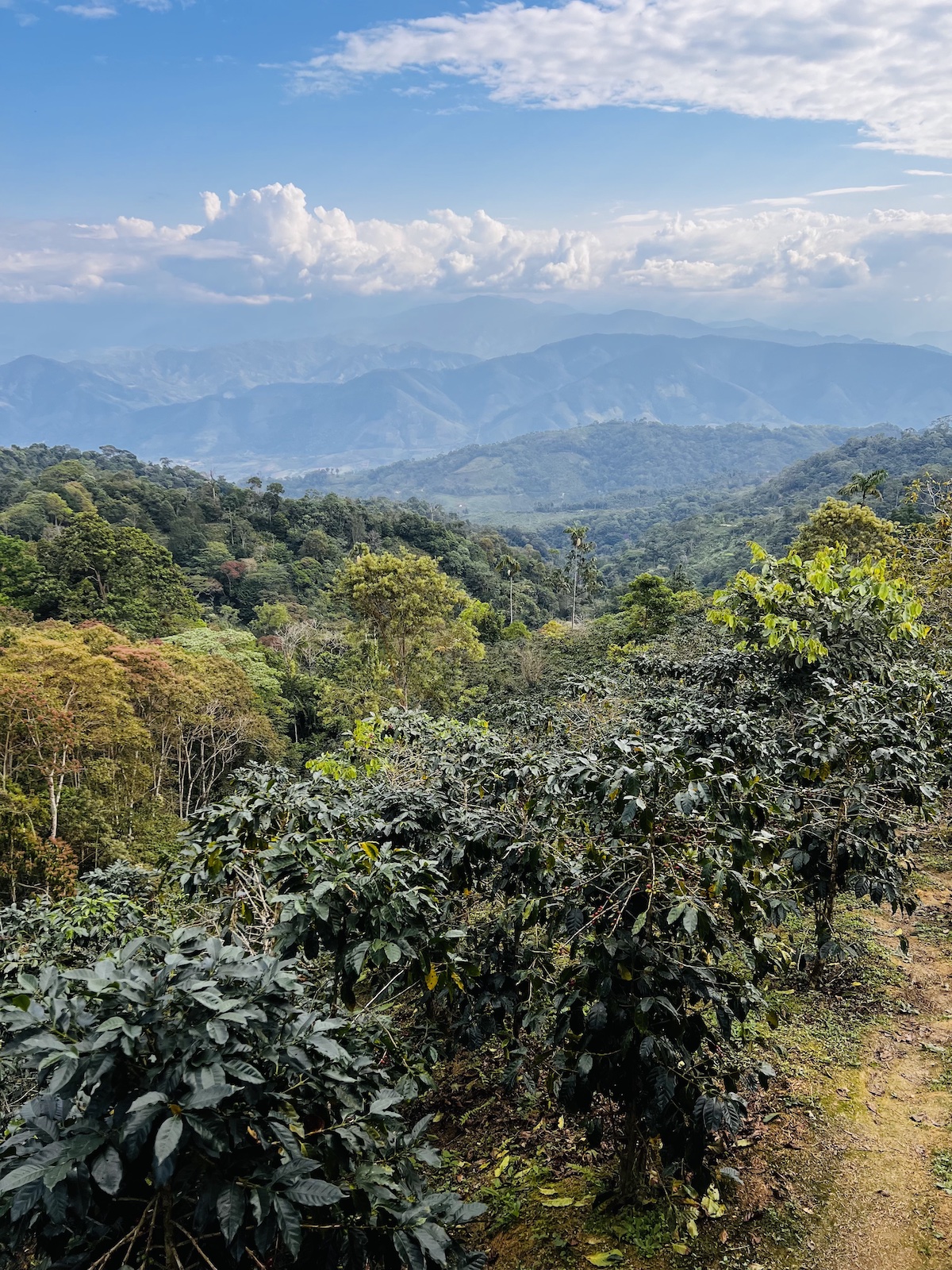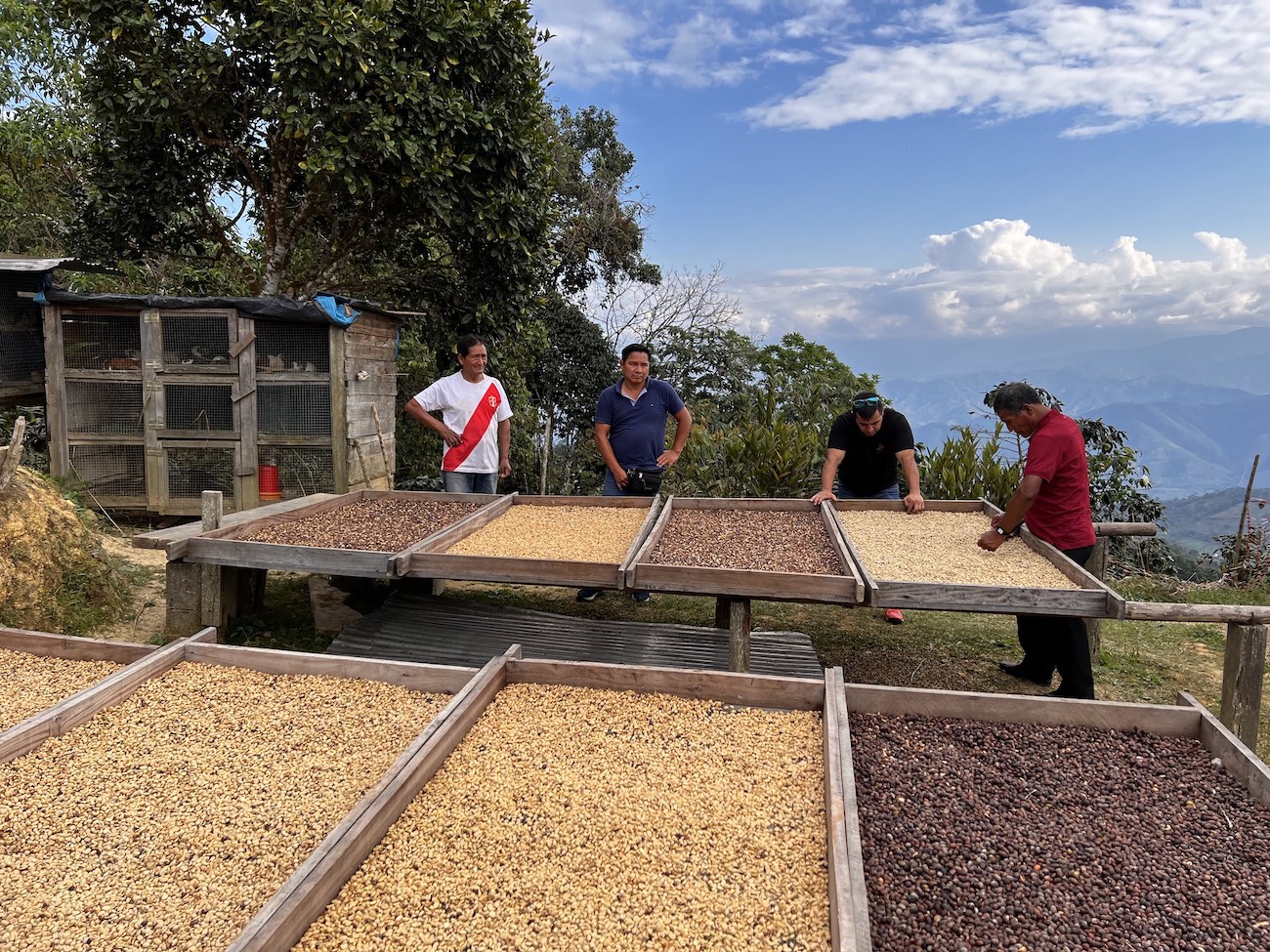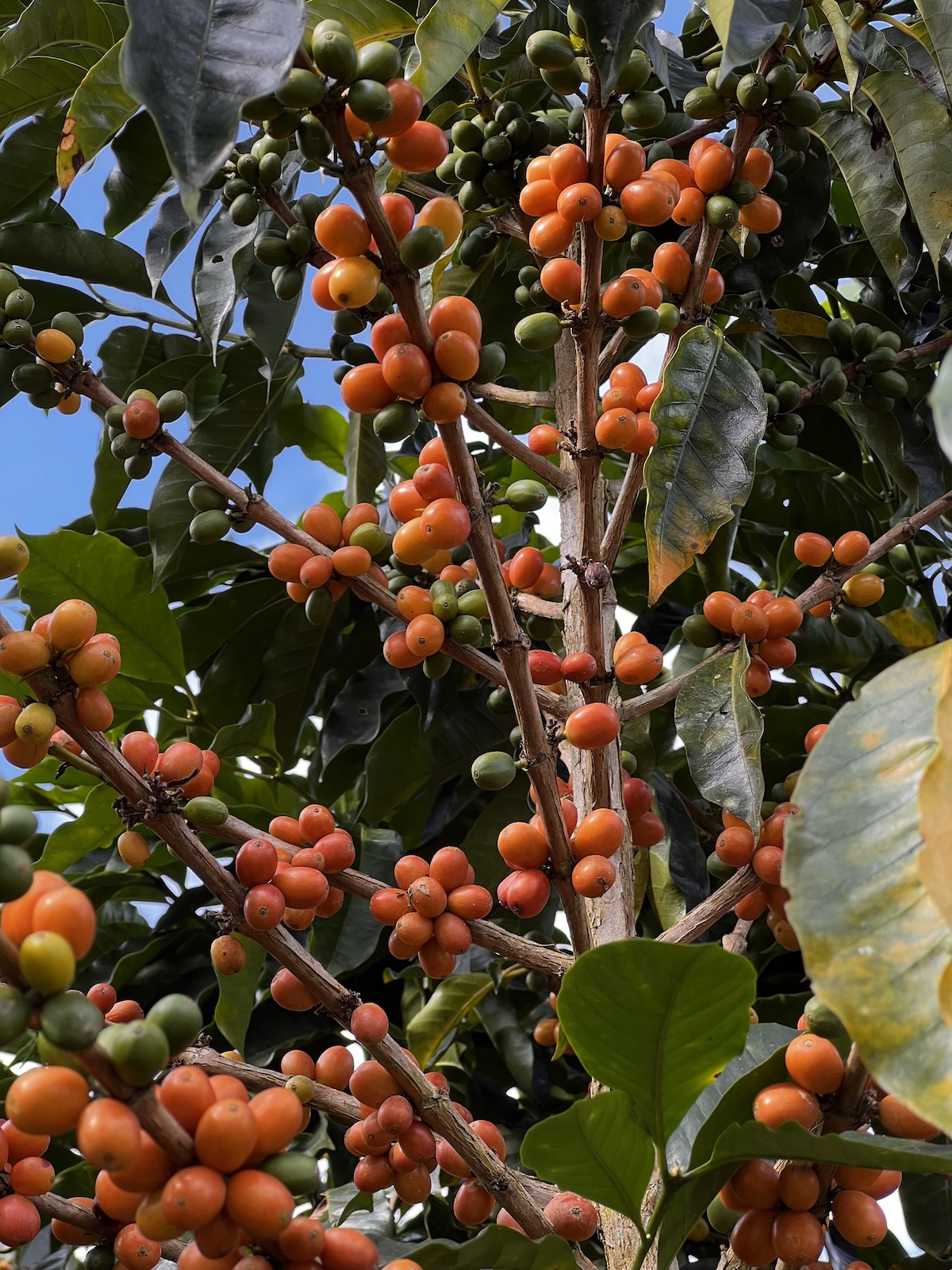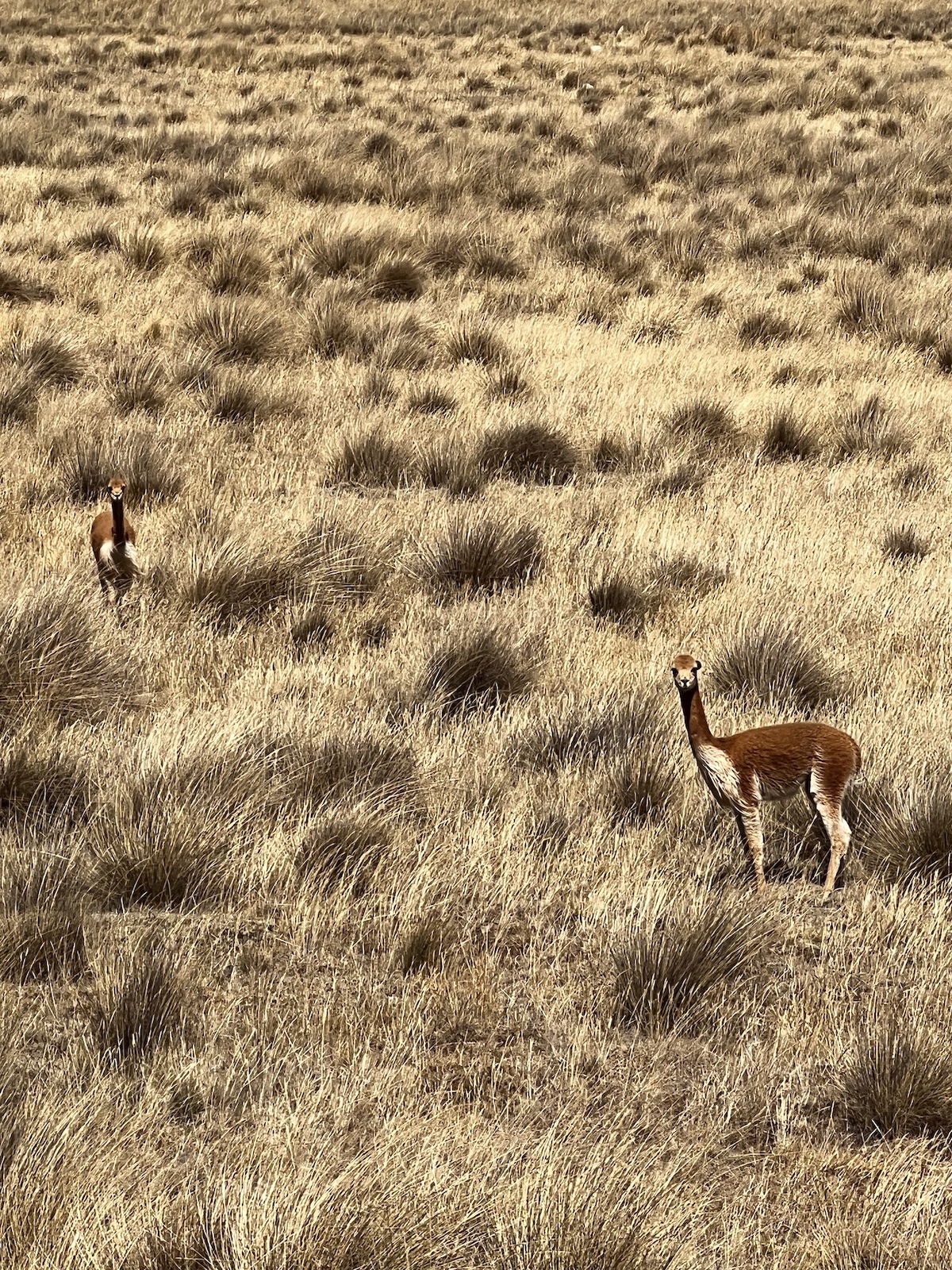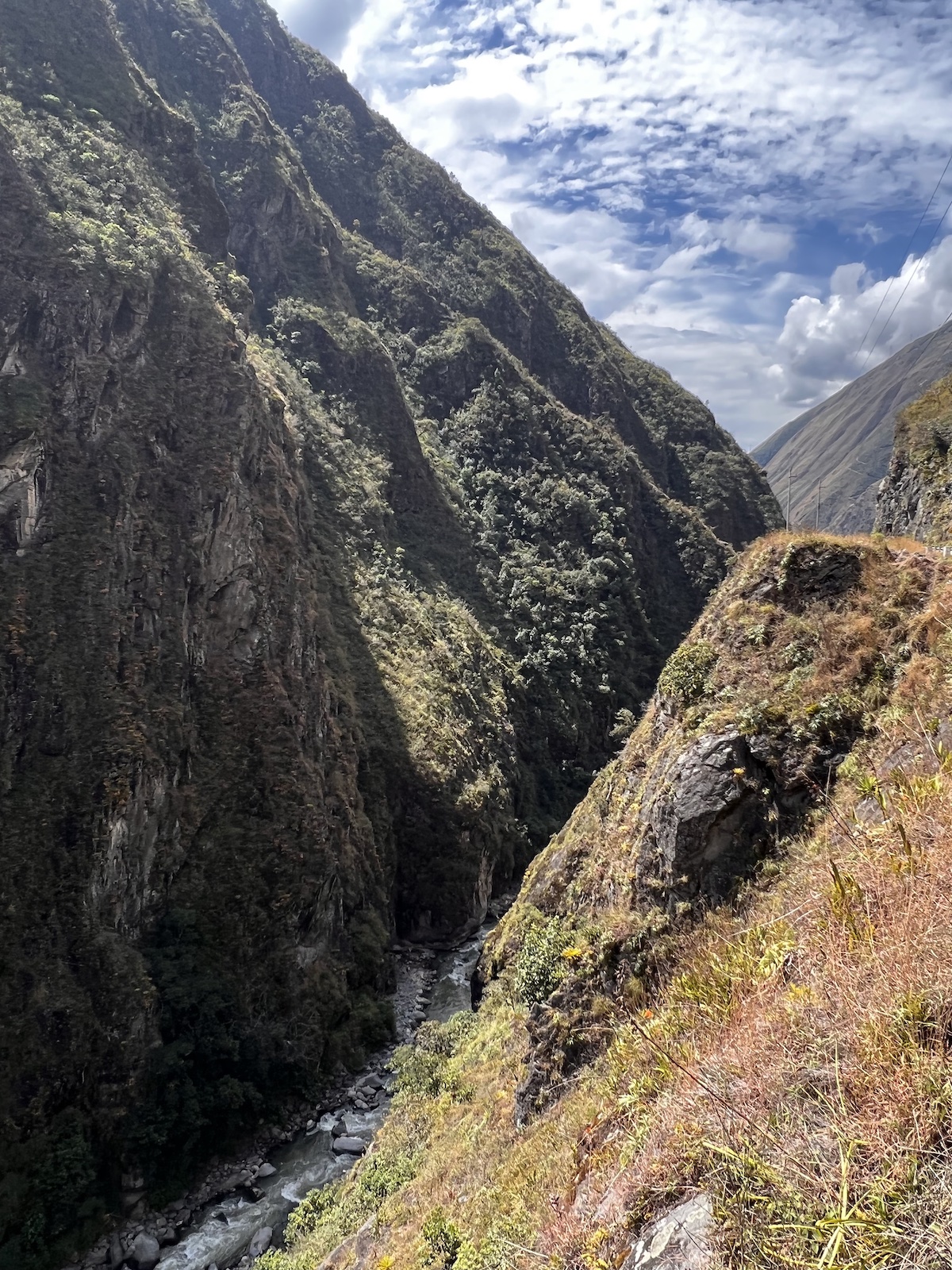In Peru, coffee is grown by smallholder producers on farms around three hectares or smaller. Coffee was originally grown in Peru for domestic consumption and was not exported until about 1887.
Of the more than 110,000 producers in Peru, the majority represent a range of indigenous cultures. These remote smallholders hand-pick their coffees and grow them among shade trees. Most of the coffee is produced organically in practice, largely due to a lack of access to chemical inputs. Thanks to many localized cooperatives, certification is widely available.
Dramatic variations in landscape across the country result in arguably more microclimates than any other coffee-growing region. Bordering the South Pacific Ocean, the eastern coastal plains offer temperate weather, which contrasts with the frigid central Andes and western lowland jungle of the Amazon basin. In terms of coffee production, the country is generally divided into north, central and south. Regardless of the region, Peru’s proximity to the equator means its coffees grow best at very high altitudes (1,200–1,800 masl) and often in volcanic soil.
We are pleased to offer certified coffees from a number of cooperatives and farmer groups across the country, including:
Peru APROCCURMA Fairtrade Organic
Peru Juan Santos Atahualpa Organic, Fairtrade Organic
